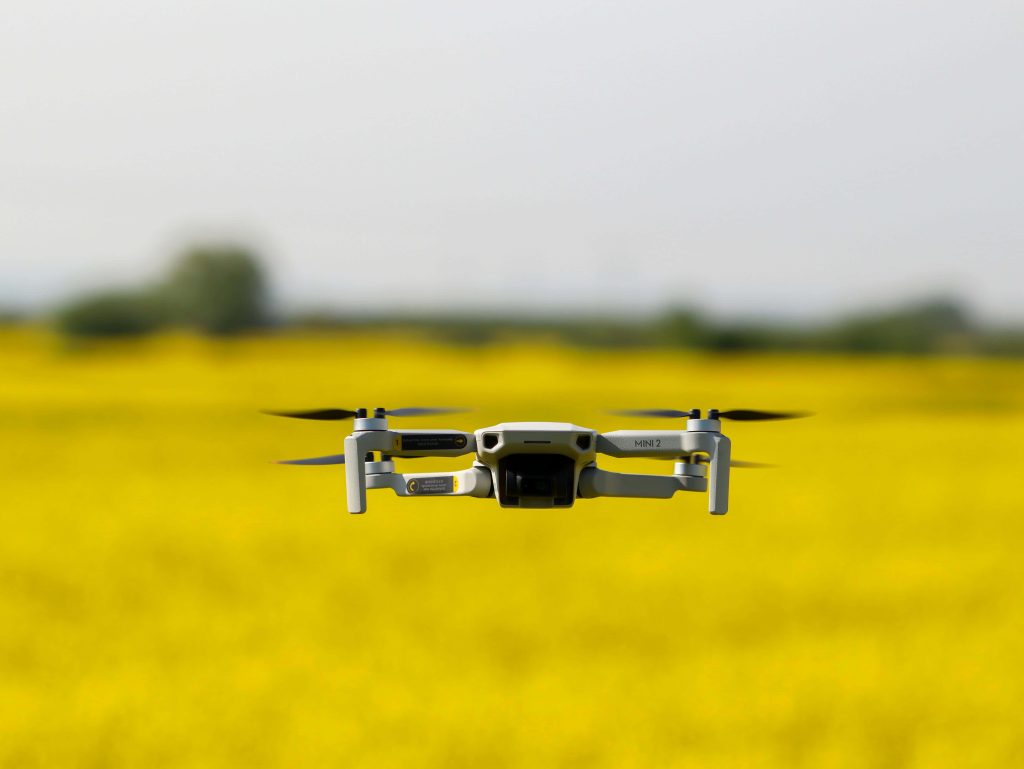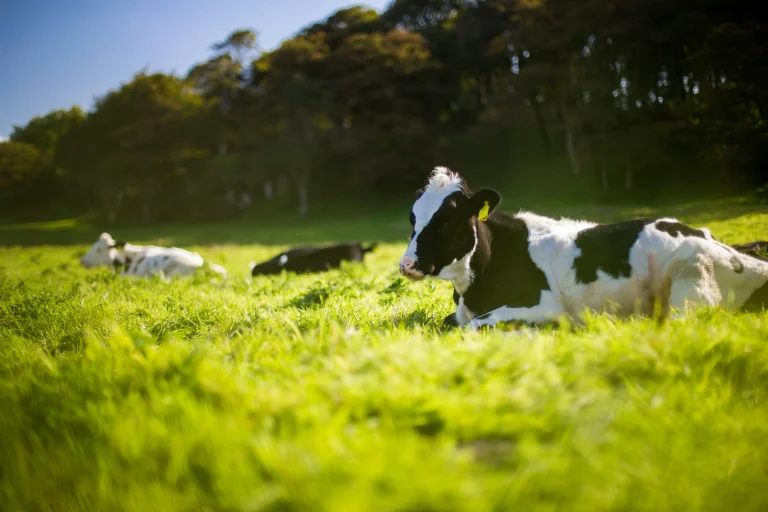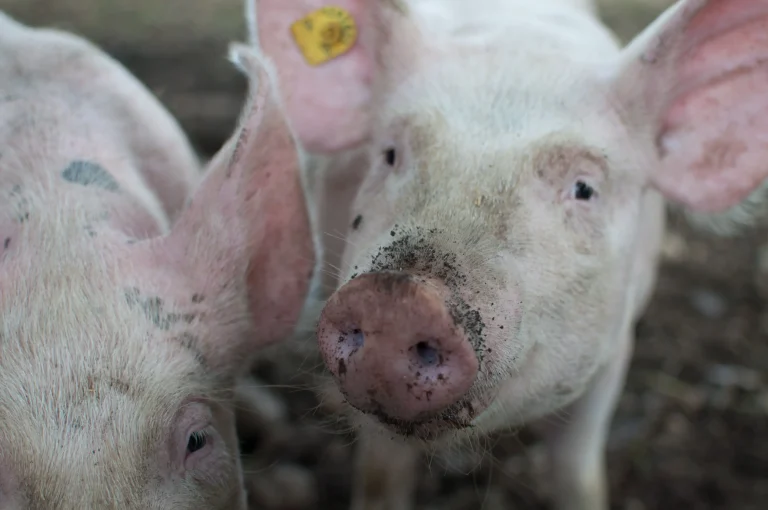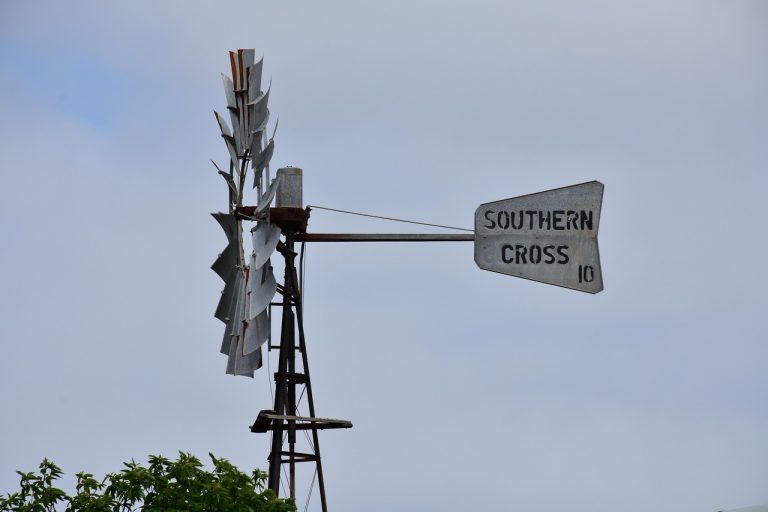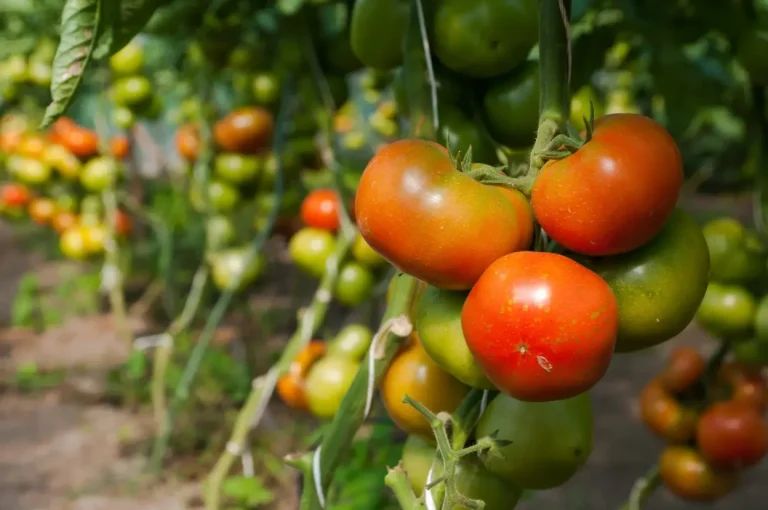Regional disparities, a lack of support for scaling up and commercialisation and disconnects with farmers are limiting UK progress in agricultural technologies, according to a leading research body.
The report by the Innovation and Research Caucus points to a fragmented picture for those working on new developments in the likes of agricultural science, remote sensing and automation.
Where Are the Gaps?
The authors noted that the sector is dominated by microbusinesses, with 73% having either less than 10 or even no employees. While there are key hotspots for public and private funding of agri-tech, such as London, Glasgow, Oxfordshire and Cambridgeshire, other areas lag, they reported.
The same is true for infrastructure support, which includes facilities for research and commercialisation as well as ‘soft support’ such as networking opportunities and connections to investors. The North West and East Midlands had the least infrastructure support, they found.
A key problem the report highlights is that the available infrastructure tends to be focused on early stages on the road to commercial readiness, with limited support when it’s time to scale-up and bring a product to market. The authors highlighted difficulties in securing scale-up funding, unrealistic expectations in government grant processes, and low investor confidence as pressing issues.
There also remains a disconnect between the developers of technologies and the farmers who would use them, they said. Many technologies are still prohibitively expensive, some industry networks are resisting change, while there remain problems with potential users having the right information and a lack of early stage between developers and end-users.
Time for smarter support models
To increase the success of the UK agri-tech sector, further investment is needed in concepts which are closer to market, helping them achieve commercialisation, they noted. On the other side, support is needed to help farmers trial technologies.
A collaborative spirit should be at the heart of renewed efforts, applied to both how new technologies and approaches are financially supported, as well as tested. This could reduce risks and costs.
“While these types of collaborations may be happening, there appears to be an obvious need for expansion across the UK,” the authors wrote.
Tiered funding for later-stage products would also help, with the report offering the suggestion of a new funding programme offering competitive finance in exchange for a royalty payment on future commercial sales.
“Our findings from the business landscape analysis indicate that businesses in drone technology and precision farming have relatively lower private investment, suggesting a potential scope for prioritisation of investment support,” the authors added.
Key takeaways
- UK agri-tech suffers from regional inequality in funding and infrastructure support.
- Most agri-tech firms are microbusinesses, limiting their ability to scale up.
- Commercialisation support is lacking beyond early-stage development.
- Disconnects persist between technology developers and farmers.
- Report calls for tiered funding and stronger collaboration across the sector.
Want to read more stories like this? Sign up to our newsletter for bi-weekly updates on sustainable farming and agtech innovation.
